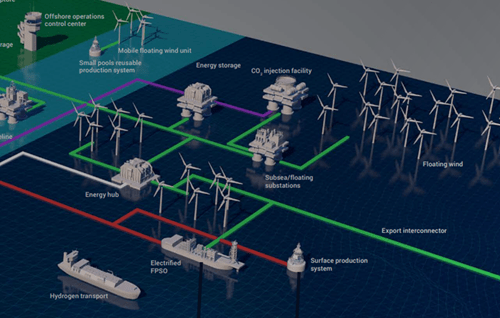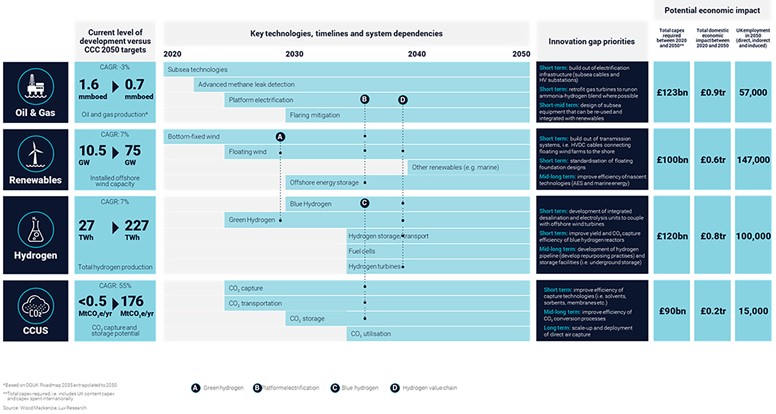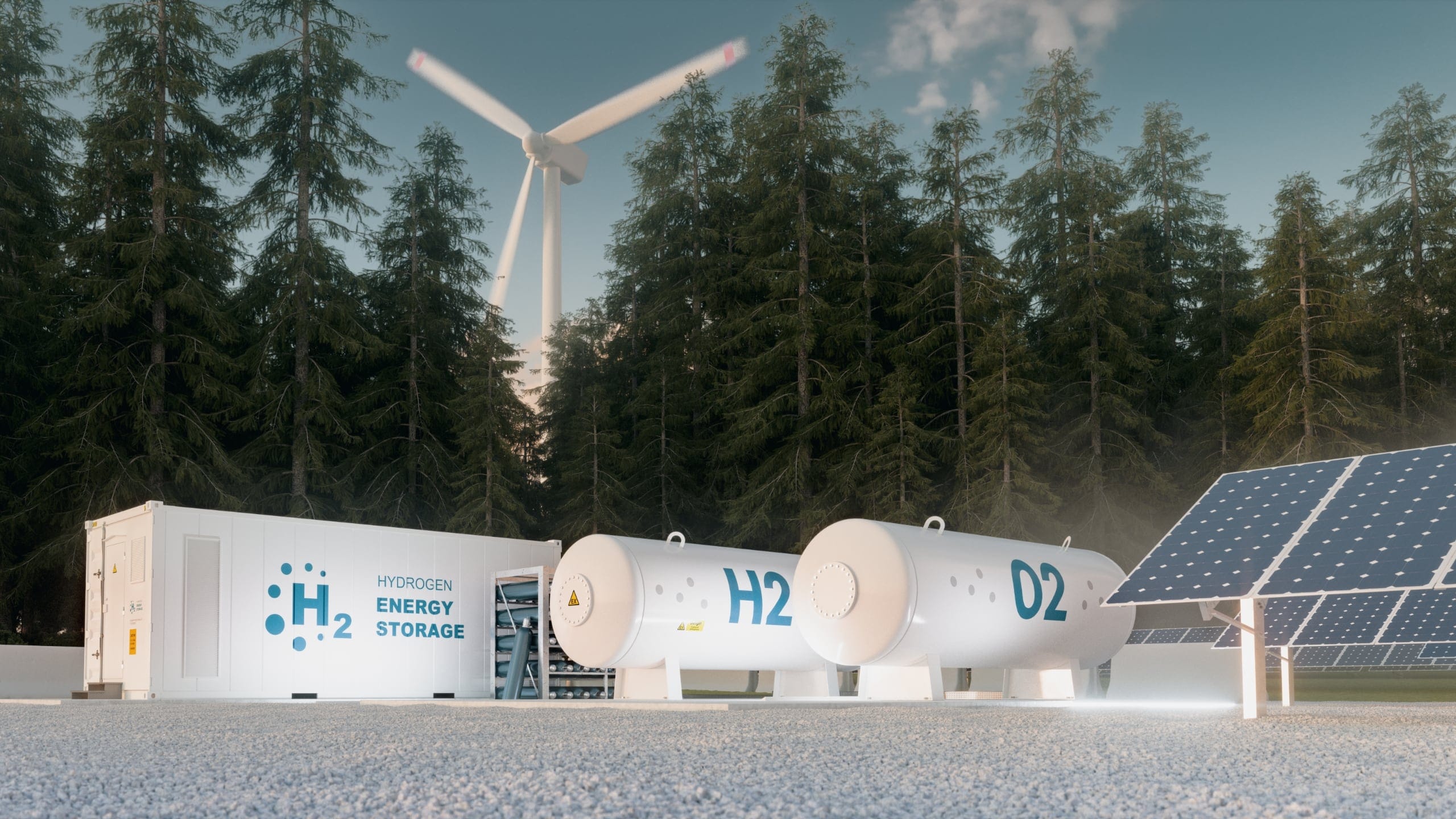NEWS & INSIGHTS | Opinion
Mind the technology gap: why investment at pace is crucial for net zero

Solutions that deliver incremental improvements are always valuable, but with less than 30 years left to achieve our net zero goals, it is critical we focus on the big priorities to accelerate the transition to a lower carbon and ultimately net zero energy system.
It’s been a fascinating few months, big companies have pivoted their strategies, regulators have set out their visions of the future and governments have provided targeted support. The scene is set, but now, we need action and we need to make this transition happen. Many things are critical to success, the stars don’t quite have to align, but we need to make some big bold steps and closing the technology gap is essential.
Our Closing the Gap report identifies those technologies that will really move the dial to create a net zero North Sea. There won’t be any great surprises, but the report reinforces our need to continue to invest in the technologies we know are essential to delivering net zero, and highlights the need to drive innovation into the areas that currently have a technical but non-competitive solution.
It guides us on the journey to a thriving net zero integrated energy future. It identifies the technologies we urgently need to deliver UK jobs in design, engineering, manufacturing, and exports. It’s overwhelmingly clear that our integrated energy future will be technology-driven and we need to become owners of that next generation of energy technology.
Organisations like OGTC will play a key enabling role in making the nation’s net zero ambitions a reality. We already have a strong track record of cross-industry collaboration and investment in new technologies, but this report is a stark reminder that we have less than 30 years to reach those net zero goals. The clock is ticking.
The report highlights how:
- The UK can lead the world in developing net-zero technologies, however investment at pace is critical
- Our integrated energy future will cost £430 billion, but will generate more than £2.3 trillion in value for the UK economy
- Leading the global push on developing net-zero energy technologies will create huge opportunities for UK jobs and manufacturing but delivering this is a collaboration between industry, government and developers.
Industry-wide, we need to accelerate our efforts, moving fast to identify the breakthrough technologies that will really move the dial on creating a net zero North Sea. Focusing on the next generation of solutions and not just the next iteration, focusing on innovation not purely accepting what exists, but improving it, making it smaller, cheaper, faster, cleaner.
Fast-tracking the development and deployment of new energy technologies is essential to dramatically reduce carbon emissions and exploit the unrivalled potential of the UK as a world leader in wind power, hydrogen and carbon capture and storage. This will also be critical in enabling the oil and gas sector to reduce its carbon footprint, while remaining a secure supply of affordable energy.
Rapid and focused investment at scale is required to close the technology gaps that currently exist. Much has been achieved but we still need to overcome some major technology challenges: developing a full offshore power grid; vastly scaling up our production and use of hydrogen; and addressing the lack of a feasible commercial model for CCUS. Digitising the offshore energy sector and solving big challenges like energy storage, infrastructure redeployment, transmission systems and cost competitive floating wind structures is essential to delivering net zero.
And no single company can do this, partnering within our sector and cross sector will be required to deliver on these major technical challenges. Working in partnership with regulators and government agencies to remove duplication and ease the pathway to technology deployment will be essential.

Our future has many opportunities, we can deliver net zero, create strategic advantage and new valuable export markets. Making that future a reality will require a total investment £430 billion but the size of the prize is enormous. The return on that technology investment is more £2.3 trillion for the UK economy by 2050. Seizing these opportunities will create more than 200,000 new and highly-skilled jobs across the UK.
We can all find the UKCS on a map of the world’s energy regions today but if we still want to do so in 2050, then we need to invest at pace, close the gaps in delivering cost competitive key technologies and create a net zero North Sea.
I am confident we can do it, but we must act now.
Subscribe for the latest updates



